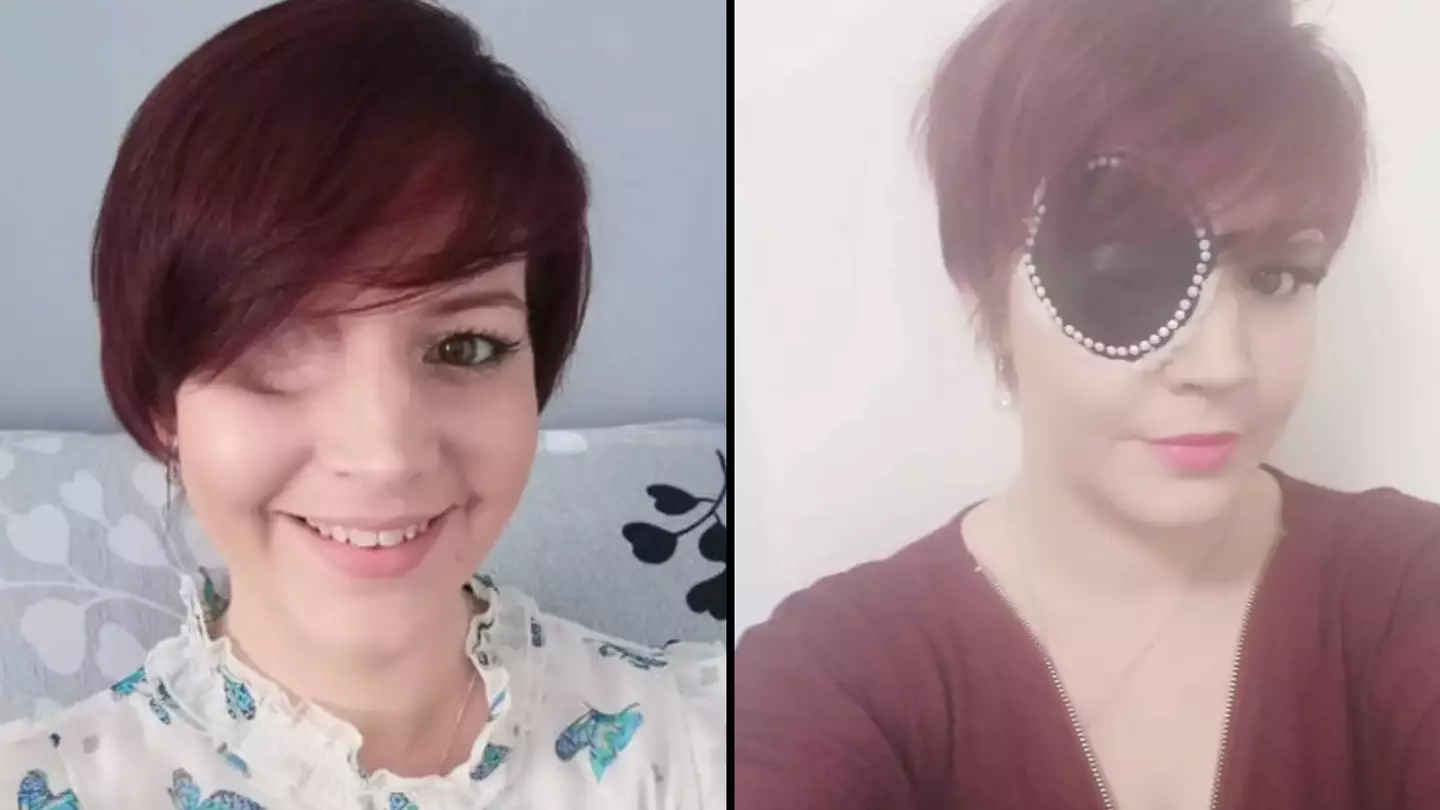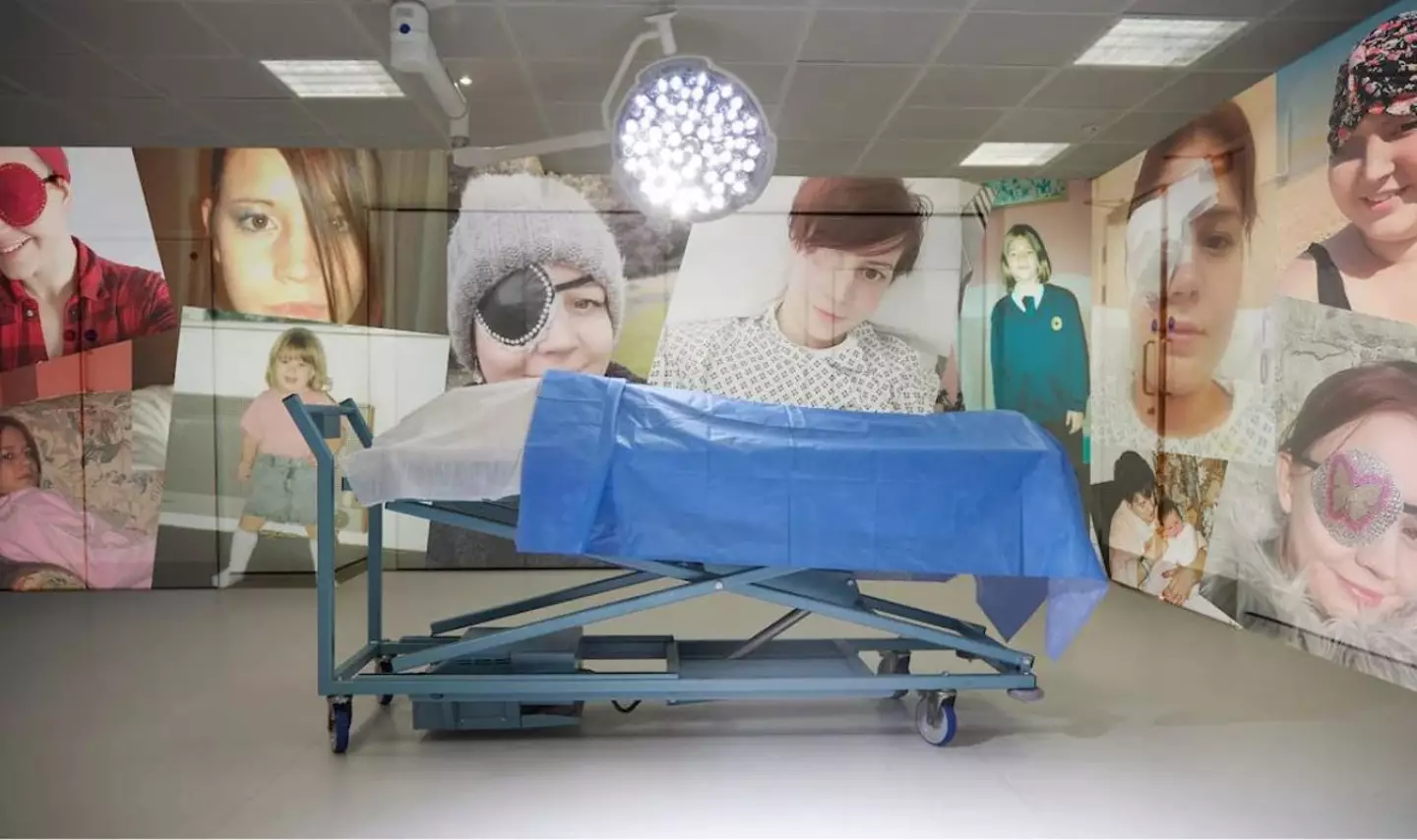
A woman who suffered from a rare form of cancer opted to make posthumous history by becoming the first woman to be dissected on TV.
In August 2020, Kent native Toni Crews sadly died at the age of 30 after being diagnosed with a rare form of cancer.
But before her death, Toni admitted she had been ‘fascinated’ by what her body was doing.
She also revealed to her parents that she wanted to advance cancer research to 'educate millions' by donating her body for further study, and to keep her memory alive.
Her decision eventually resulted in the creation of the Channel 4 documentary, My Dead Body, which first aired on 5 December, 2022.
Advert
“She came out of the kitchen with a pile of forms,” Toni’s mother Jo explained to The Guardian ahead of the show’s premiere.
“[She] told us that was her plan. She’d printed them all out, signed them and asked us to be her witness. To her, it was simple.”
“It was a typical Toni thing to do,” added her father, Jason. “Tick all the boxes on the form; do whatever she can; say yes to everything.
“We discussed it a bit: how they might keep her body for a while, and how she’d said they could take pictures.”

Advert
He added that the trio ‘didn’t realise’ at the time how ‘groundbreaking’ what she wanted to do was.
Following Toni’s death, Professor Claire Smith, Head of Anatomy at Brighton and Sussex Medical School (BSMS), picked up her file and took a look over her medical history.
Claiming her rare form of cancer would provide ‘so much learning’ for budding surgeons, Smith took the plunge and contacted the Crews family.
After gaining their permission to use their daughter’s body in scientific tutorials, the idea of the documentary emerged.
Therefore, instead of a funeral taking place for the beloved mother, Toni’s body was taken to BSMS for further study.
Advert
In My Dead Body, Smith leads a series of workshops for students and examines a different part of Toni’s body in each of the tutorials.

The documentary also features archive recordings of Toni - who first contracted cancer in 2016 - speaking about her life and illness.
AI technology was also utilised to replicate the woman’s voice so that she could narrate various words written in her diary and via text message.
Speaking about her part in the ground-breaking doc, Smith explained: “We have been so privileged to explore the journey of cancer through the incredible donation made by Toni.
Advert
"As part of this documentary, we were able to invite more than 1,000 students, including nurses, paramedics and neuroscientists, who wouldn’t normally get to learn about this one-in-a-million cancer.
"Toni’s gift of body donation doesn’t end with this documentary either. Her body will be used to educate our medical students and doctors for years to come."
My Dead Body is available to watch on Channel 4.
If you’ve been affected by any of these issues and want to speak to someone in confidence, contact Macmillan’s Cancer Support Line on 0808 808 00 00, 8am–8pm seven days a week
Topics: Documentaries, TV, Health, Cancer, Channel 4, Science
